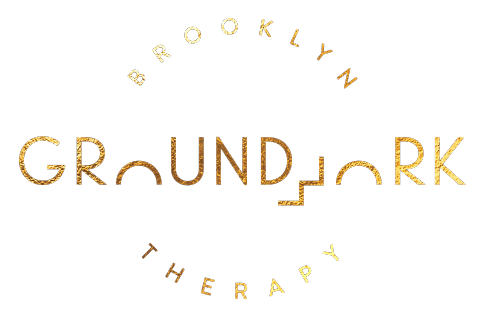The Ongoing Journey of Eating Disorder Recovery
Being on the path to recovery from an eating disorder is a profound and ongoing journey that requires courage, commitment, and comprehensive support. This process not only involves addressing the physical aspects of the disorder but also delving into the psychological, emotional, and social factors that contribute to it. Professional therapy plays a pivotal role in initiating and sustaining recovery, offering individuals the tools and insights necessary to navigate the complexities of healing.
Understanding the Ongoing Nature of Recovery
Recovery from an eating disorder is not a linear process with a definitive endpoint; rather, it is a continuous journey marked by growth, setbacks, and self-discovery. The concept of being "fully recovered" versus "in recovery" varies among individuals and treatment philosophies. Some view recovery as an ongoing process, acknowledging that the challenges associated with eating disorders may persist, requiring continual vigilance and self-care. Others believe in the possibility of full recovery, where individuals no longer experience symptoms or engage in disordered behaviors. Regardless of the perspective, it is essential to recognize that recovery involves ongoing effort and adaptation.
Starting the Journey: Seeking Professional Help
Initiating recovery begins with acknowledging the presence of an eating disorder and seeking professional assistance. Early intervention is crucial, as it can significantly reduce the risk of severe complications. Treatment typically involves a combination of approaches tailored to the individual's needs. These may include psychotherapy, nutritional counseling, and medical monitoring. Engaging with a treatment team, often comprising a medical practitioner and a mental health professional, ensures comprehensive care and support throughout the recovery process.
The Role of Therapy in Recovery
Therapy serves as a cornerstone in the treatment of eating disorders, addressing the underlying psychological factors and promoting behavioral change. Various therapeutic modalities have proven effective, including:
Cognitive Behavioral Therapy (CBT): Focuses on identifying and modifying distorted thoughts and behaviors related to eating, body image, and self-esteem.
Family-Based Treatment (FBT): Involves family members in the recovery process, empowering them to support the individual's return to healthy eating patterns.
Dialectical Behavior Therapy (DBT): Emphasizes the development of coping skills to manage stress, regulate emotions, and improve relationships.
Engaging in therapy provides a safe space to explore personal challenges, develop healthier coping mechanisms, and build a more positive relationship with food and body image.
Maintaining Recovery: Strategies and Support
Sustaining recovery requires ongoing commitment and the implementation of strategies to navigate challenges:
Building a Support Network: Surrounding oneself with supportive friends, family, and peers who understand the recovery journey can provide encouragement and accountability.
Developing Coping Skills: Learning and practicing healthy coping mechanisms to manage stress and emotional triggers is vital. Techniques such as mindfulness, journaling, and engaging in hobbies can be beneficial.
Establishing Routine: Creating structured meal plans and regular eating schedules can help reinforce healthy eating patterns and reduce anxiety around food.
Ongoing Therapy: Continuing therapy sessions, even after significant progress, can help address emerging challenges and reinforce coping strategies.
Recognizing that setbacks may occur is essential; they are not indicative of failure but rather opportunities for learning and growth. Utilizing available resources and support systems can aid in navigating these moments and maintaining progress.
Consistently Working On Recovery
The journey of eating disorder recovery is a continuous and individualized process that encompasses physical, emotional, and psychological healing. Starting this journey with professional therapy provides a solid foundation, equipping individuals with the necessary tools and support. Maintaining recovery involves ongoing effort, adaptability, and the utilization of support networks and coping strategies. By embracing the ongoing nature of recovery and seeking appropriate professional guidance, individuals can work towards a healthier and more fulfilling life.
Take the First Step with Groundwork Therapy
If you're looking for support along your eating disorder recovery or are wanting to continue to build a foundation for a healthier future, Groundwork Therapy is here to guide you every step of the way. Our compassionate team of professionals provides personalized care tailored to your unique needs and circumstances. Recovery is a courageous path, and you don’t have to walk it alone. For those in the Brooklyn, NY area searching for a therapist in Brooklyn, NY, contact Groundwork Therapy today to start your healing journey.


